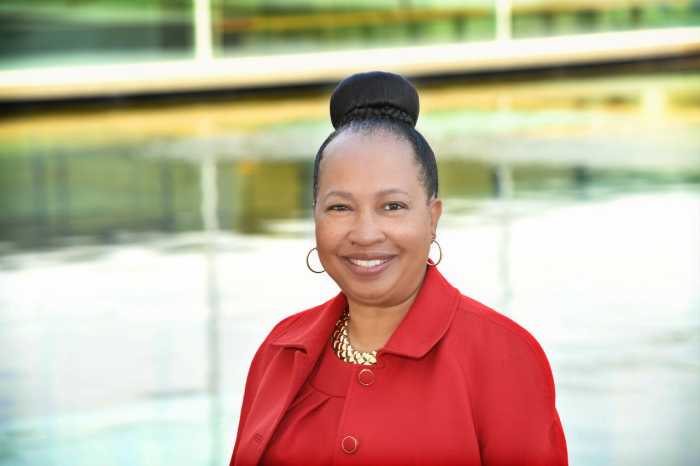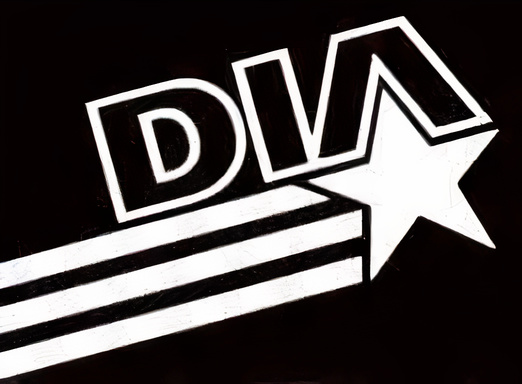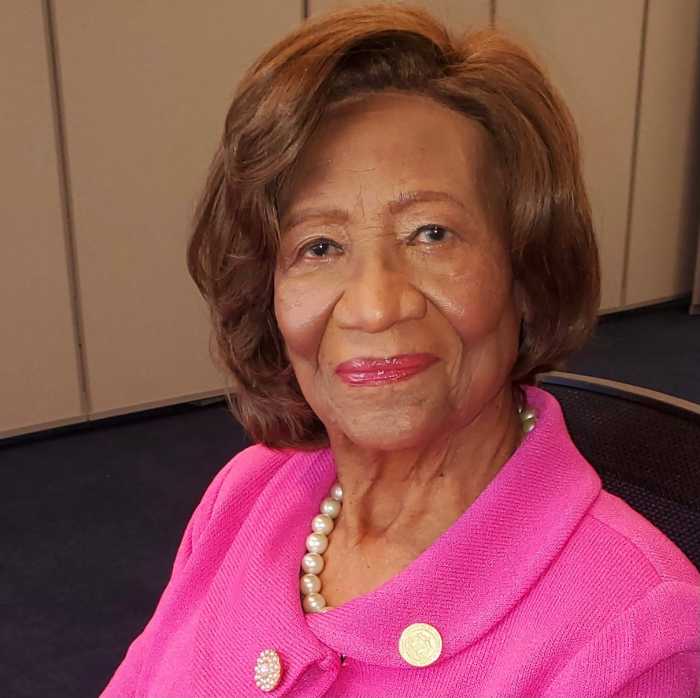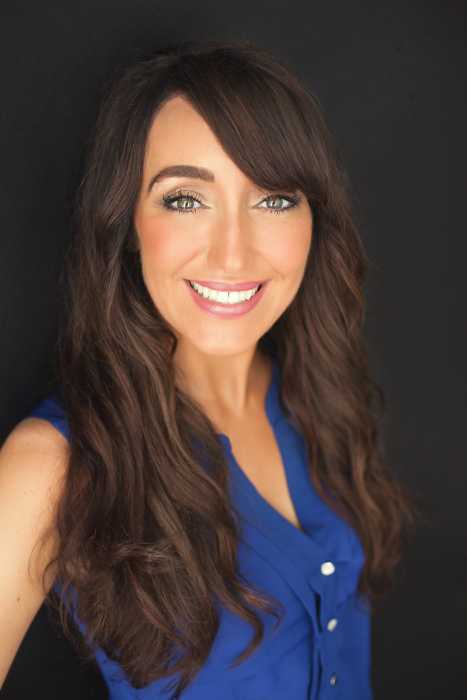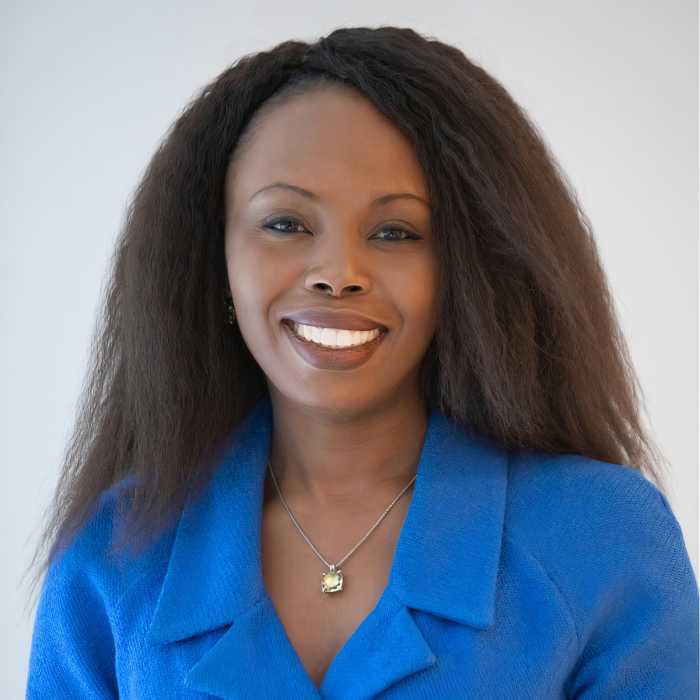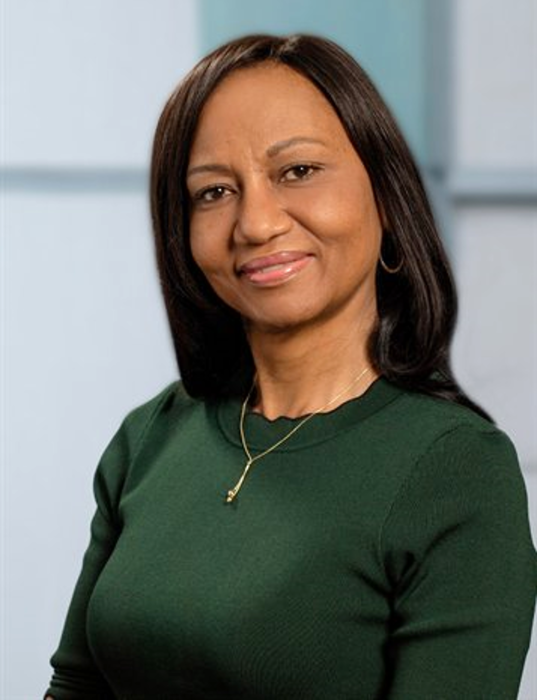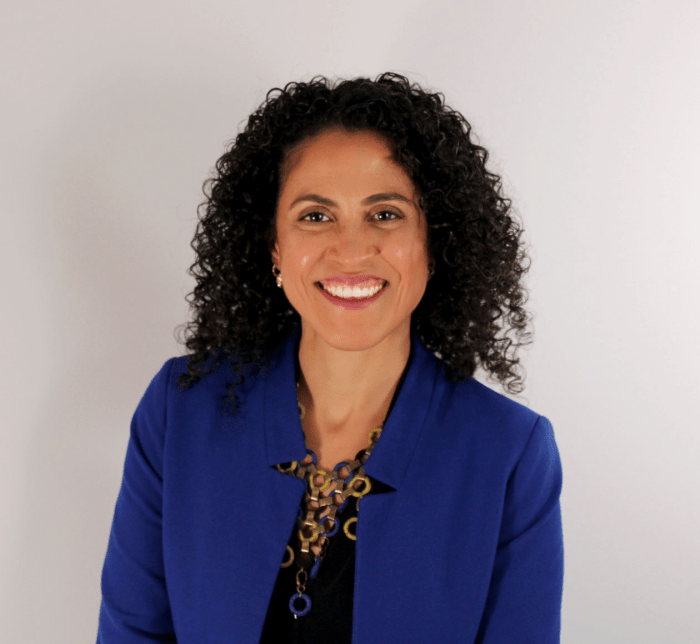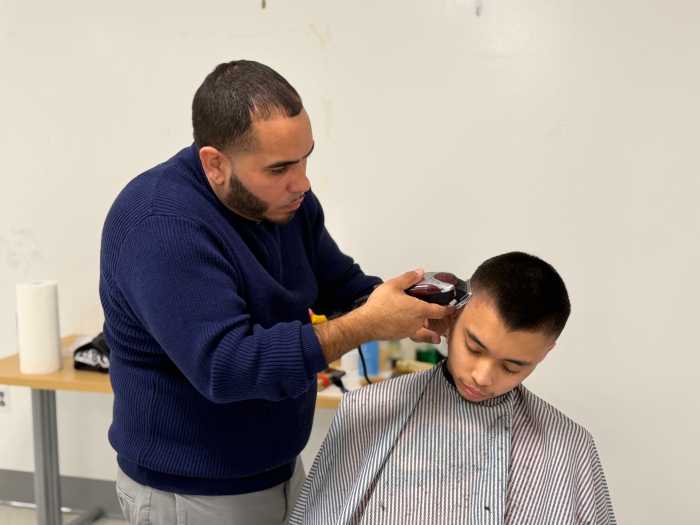Dr. Richeleen Dashield is the chief diversity officer at NYU’s Silver School of Social Work, advancing DEI initiatives through partnerships. She has a B.A. from Colgate University, an MBA from Rutgers University, an Ed.D. from Rowan University, and senior experience in human resources, social equity, and multicultural affairs. Dr. Dashield’s recognitions include Into Diversity Visionary Leadership (INSIGHT), NYC Latino Coalition Social Work Advocate of the Year, and NYU Nia Award for Belonging and Inclusion.
How do you define diversity, equity and inclusion?
The intentional and continuous community engagement in advancing the democratic principles of this nation to move from access and opportunities toward equitable outcomes that acknowledge the diversity of people’s lives, and history, and understanding of differences. DEI centers the dignity and worth of all individuals through the critical examination of humanity in policies, practices, and organization structures.
What motivated you to become a DEI advocate?
From the slave ship to higher education leadership, my ancestor’s history informs my daily practice as a DEI advocate. Most notably, my mother embedded abundant joy in service of the most vulnerable communities by leading with love and liberatory practices to end oppression and ensure the freedom to learn, live, and work. My advocacy is grounded in empowerment, partnership, diversity accountability research, climate support, and the development of the next generation of leaders.
What do you think are some of the benefits of promoting diversity, equity and inclusion?
Diversity, equity, and inclusion build organizational capacity for leaders to analyze and uncover patterns that hinder organizational progress to end inequitable practices. It is imperative to disrupt injustice and understand and implement capabilities that advance DEI. Above all DEI creates an ecosystem of belonging, access, accountability, and innovation to develop new systems that prioritize equitable outcomes for all.


